Find an Orthopedic Specialist
Request one of our specialists to get a second opinion, or a really good first one.
12 Ways to Prevent Lower Back Pain
Lower back pain can interrupt your quality of life, whether it’s a chronic, dull ache or a sharp sudden stab. Taking steps to prevent lower back pain can help you avoid injuries that may take a long time to heal.
Doing these 12 things may help lessen your risk of lower back pain:
 1. Stretch before working out. |
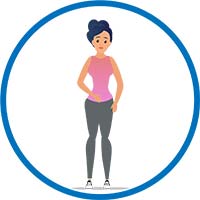 2. Avoid standing for long periods. |
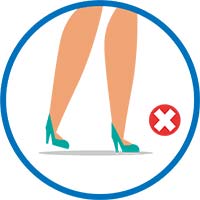 3. Avoid wearing high heels. |
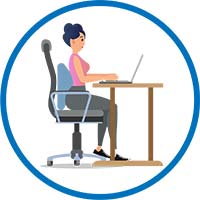 4. Look for lower back support when sitting for several hours. |
|
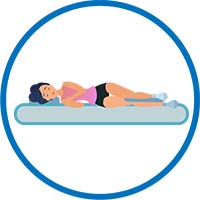 5. Sleep on your side with knees bent. |
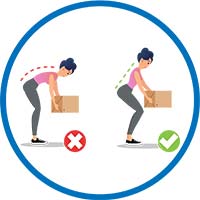 6. Observe proper posture when lifting objects. |
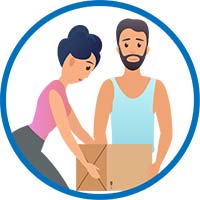 7. If an object is too heavy for you to carry, ask for help. |
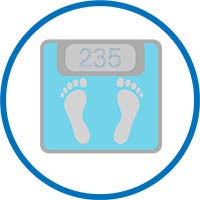 8. Lose excess weight. It puts a strain on joints and skeletal structure. |
|
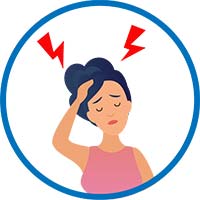 9. Don’t stress. |
 10. Practice yoga or pilates. |
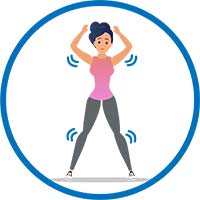 11. Stay active, but don’t overdo it. |
 12. Quit smoking to lower your risk of osteoporosis. |
|
WHEN TO SEE A DOCTORIf something happens and you have pain that gets worse or doesn’t improve within two to three weeks, book an appointment with your doctor. Other reasons to call your doctor include: |
||||
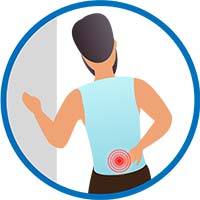 Intense pain that makes it difficult to move |
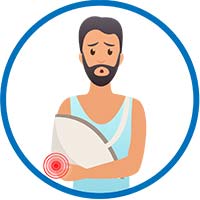 Pain caused by an injury, such as a car accident |
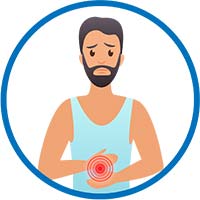 Difficulty going to the bathroom |
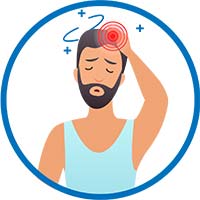 Nausea or vomiting |
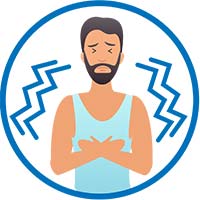 Fever or chills |
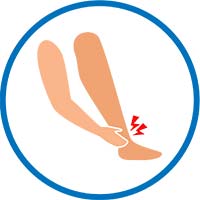 Numbness in your groin, rectum, leg or foot |
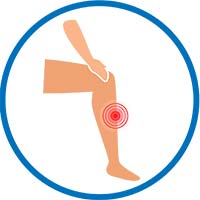 Pain that shoots down your leg below your knee |
A doctor may help you manage the pain to get better or provide a treatment plan for ongoing pain.

